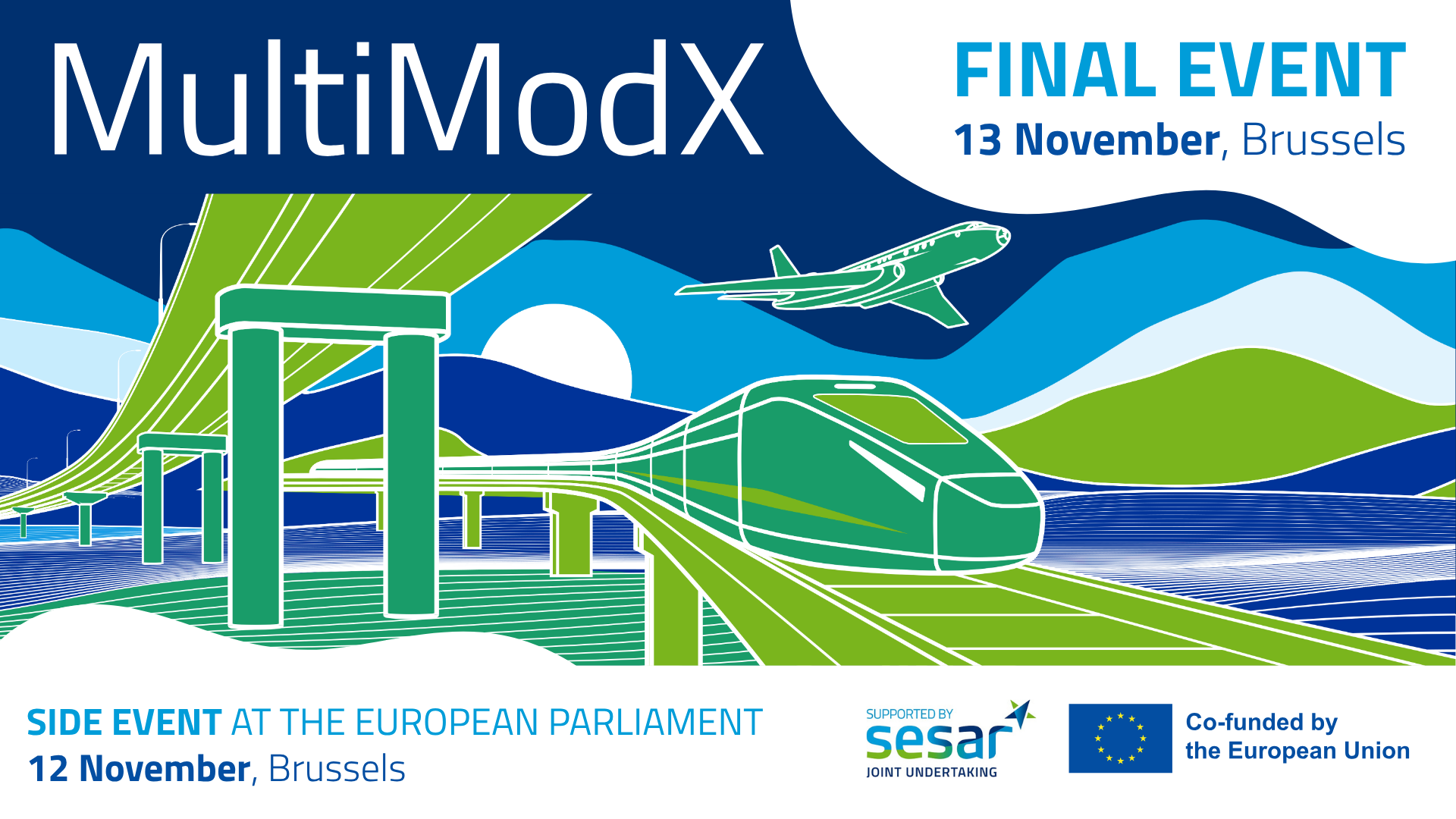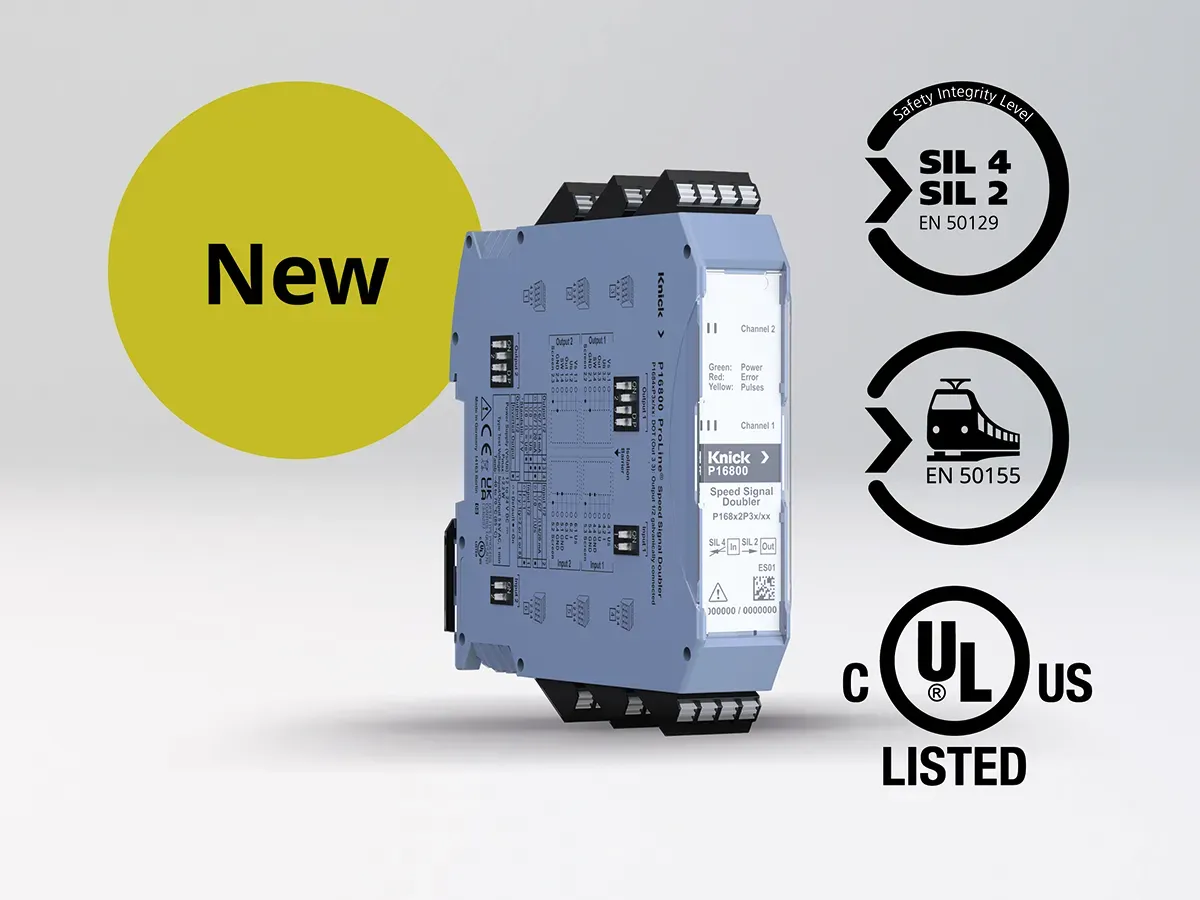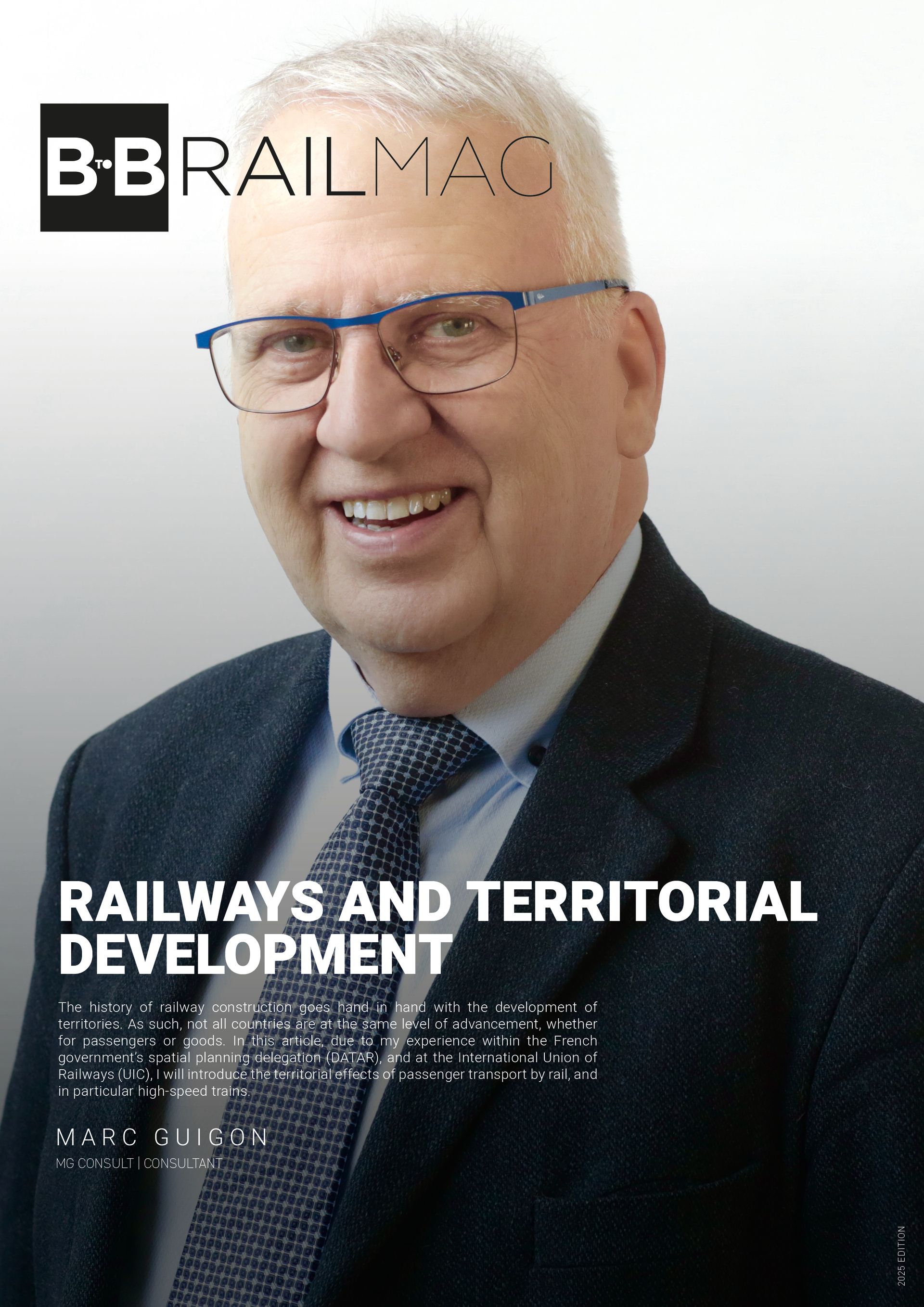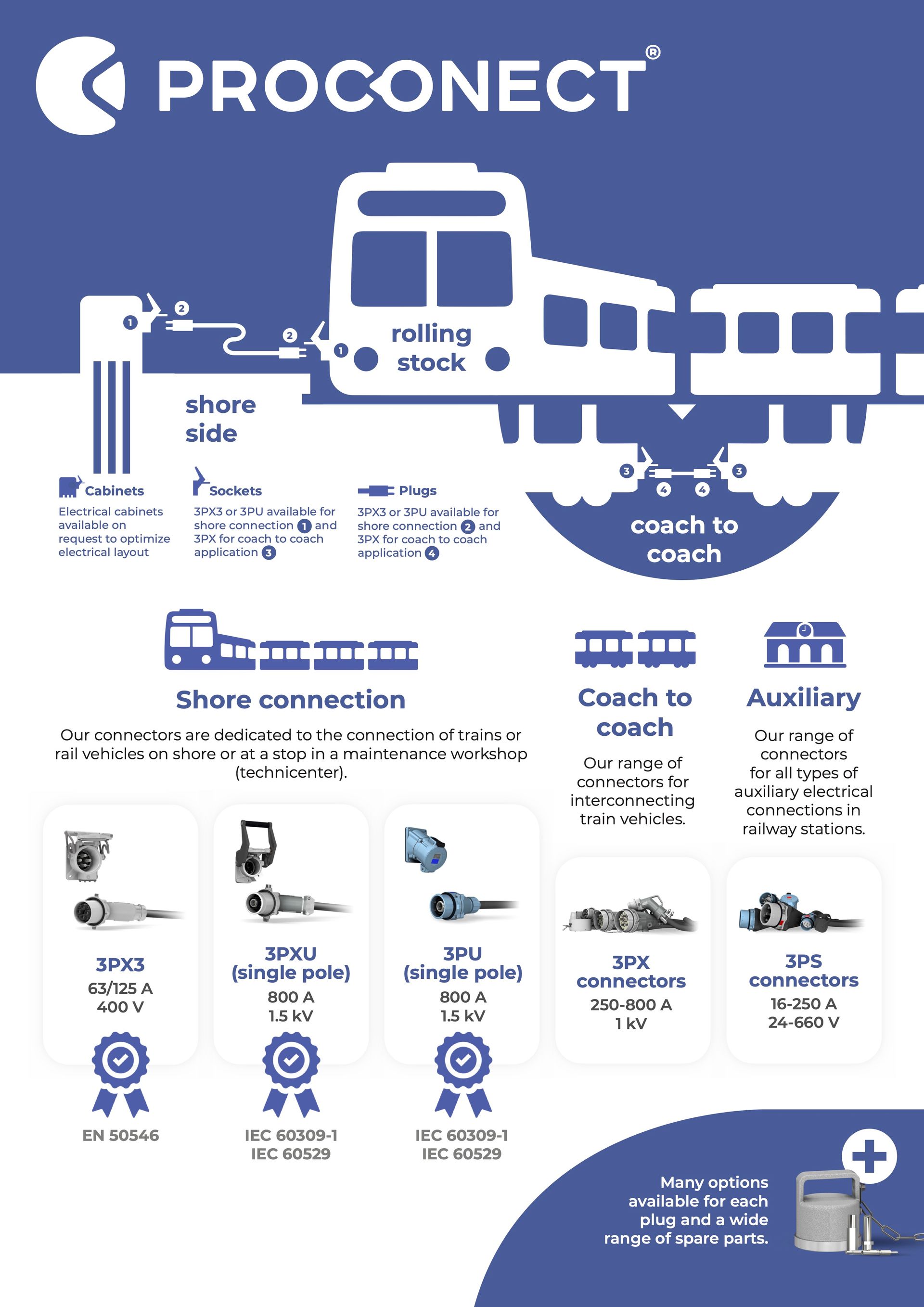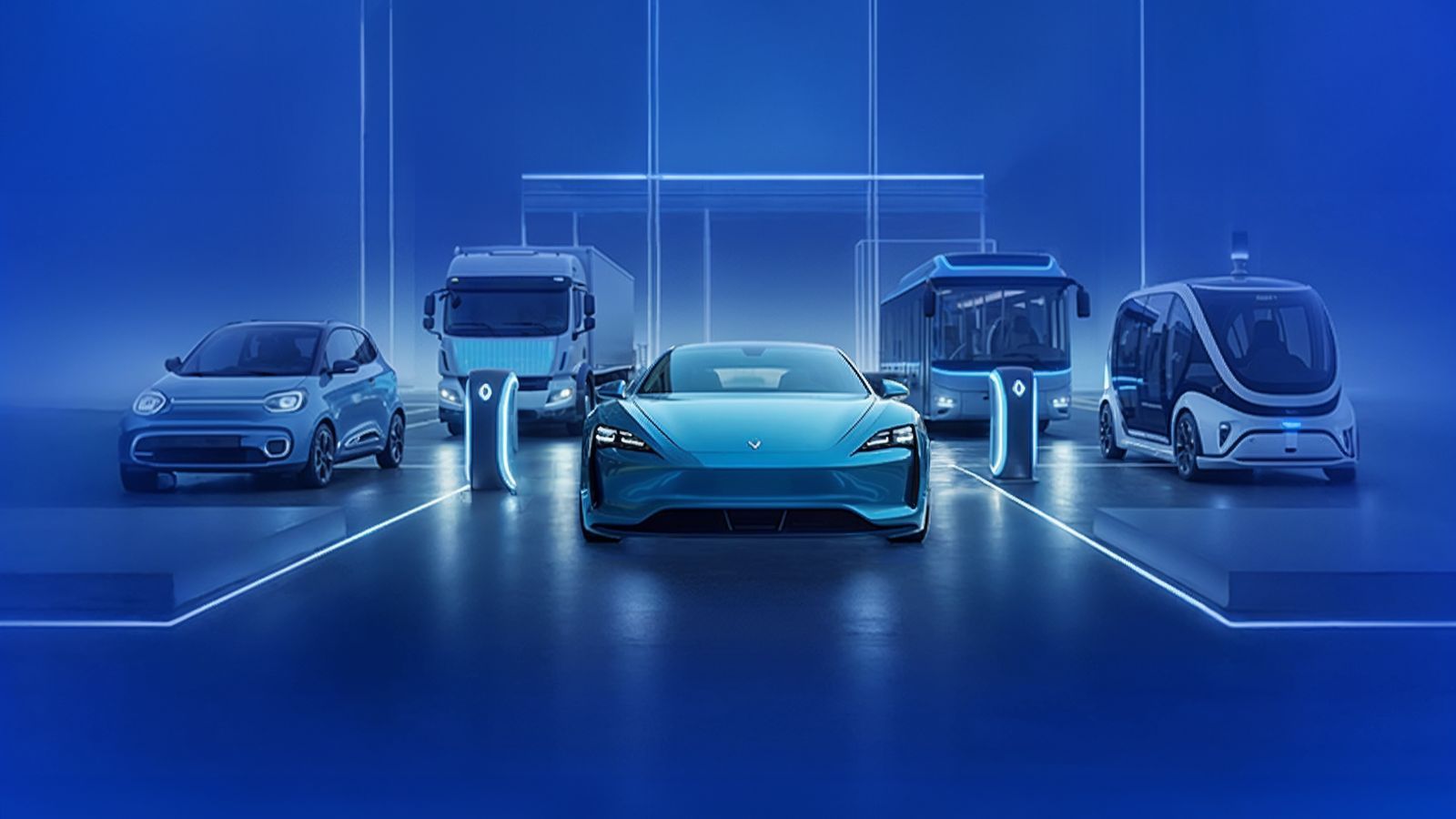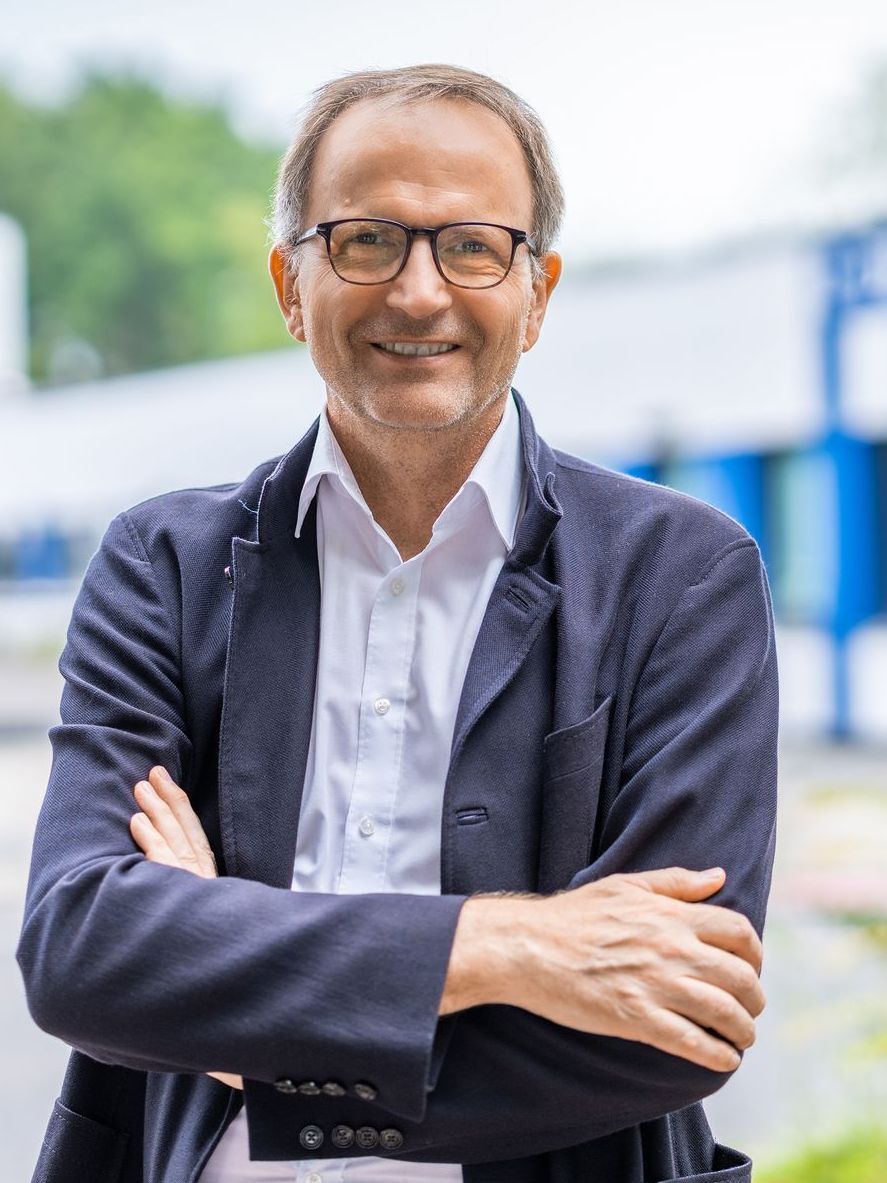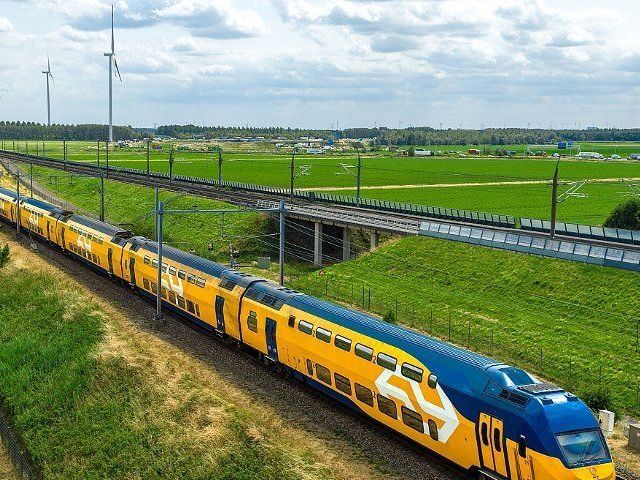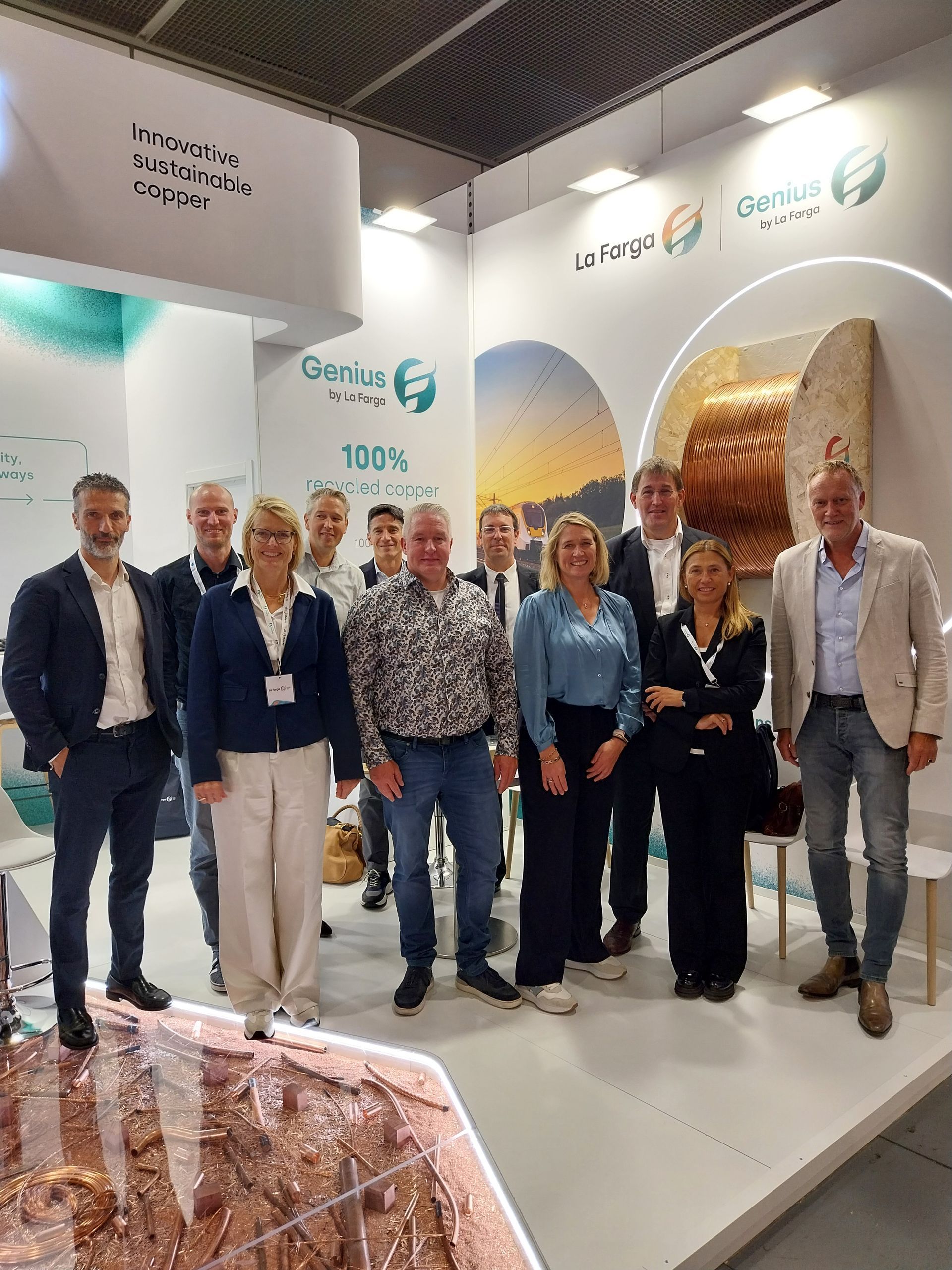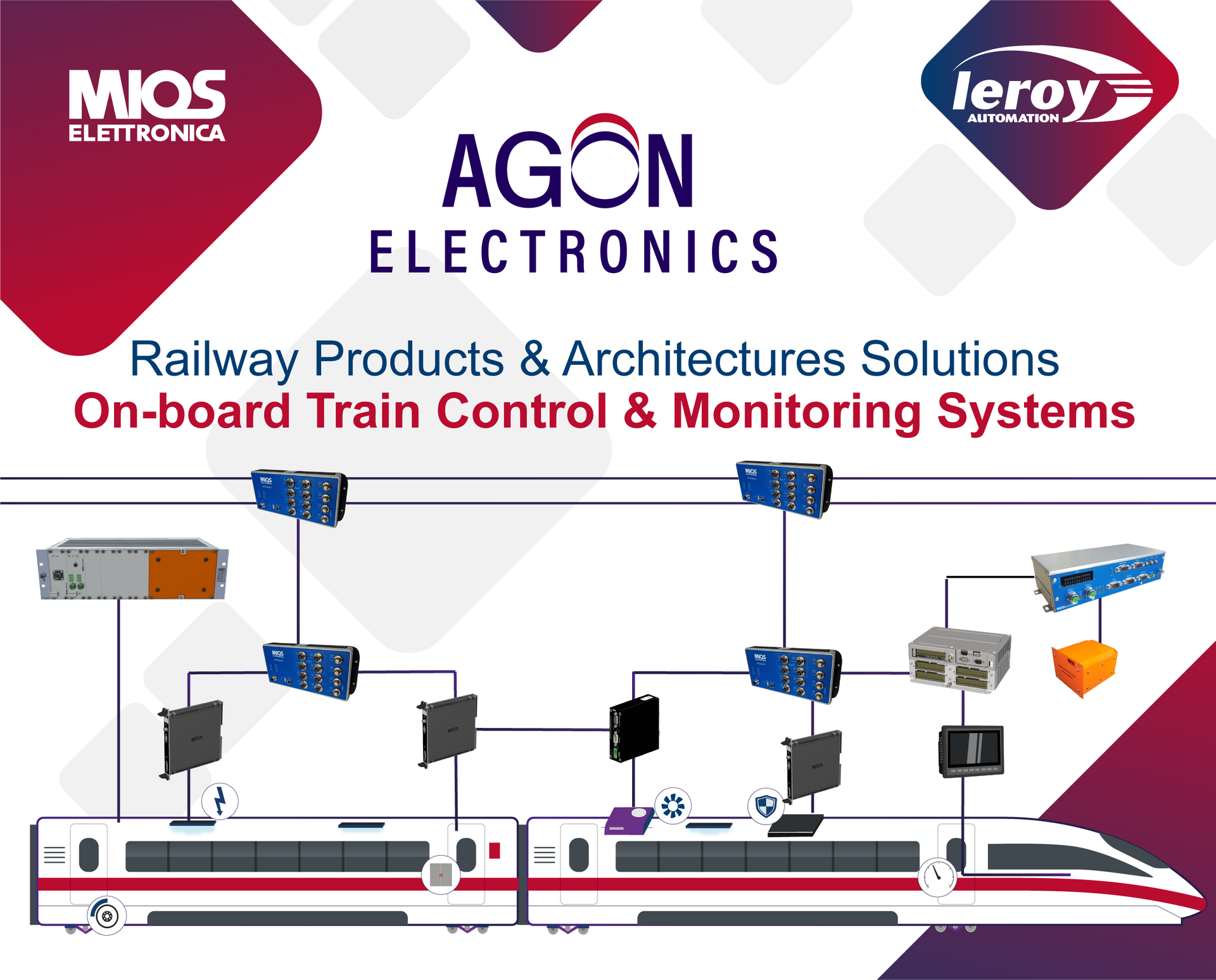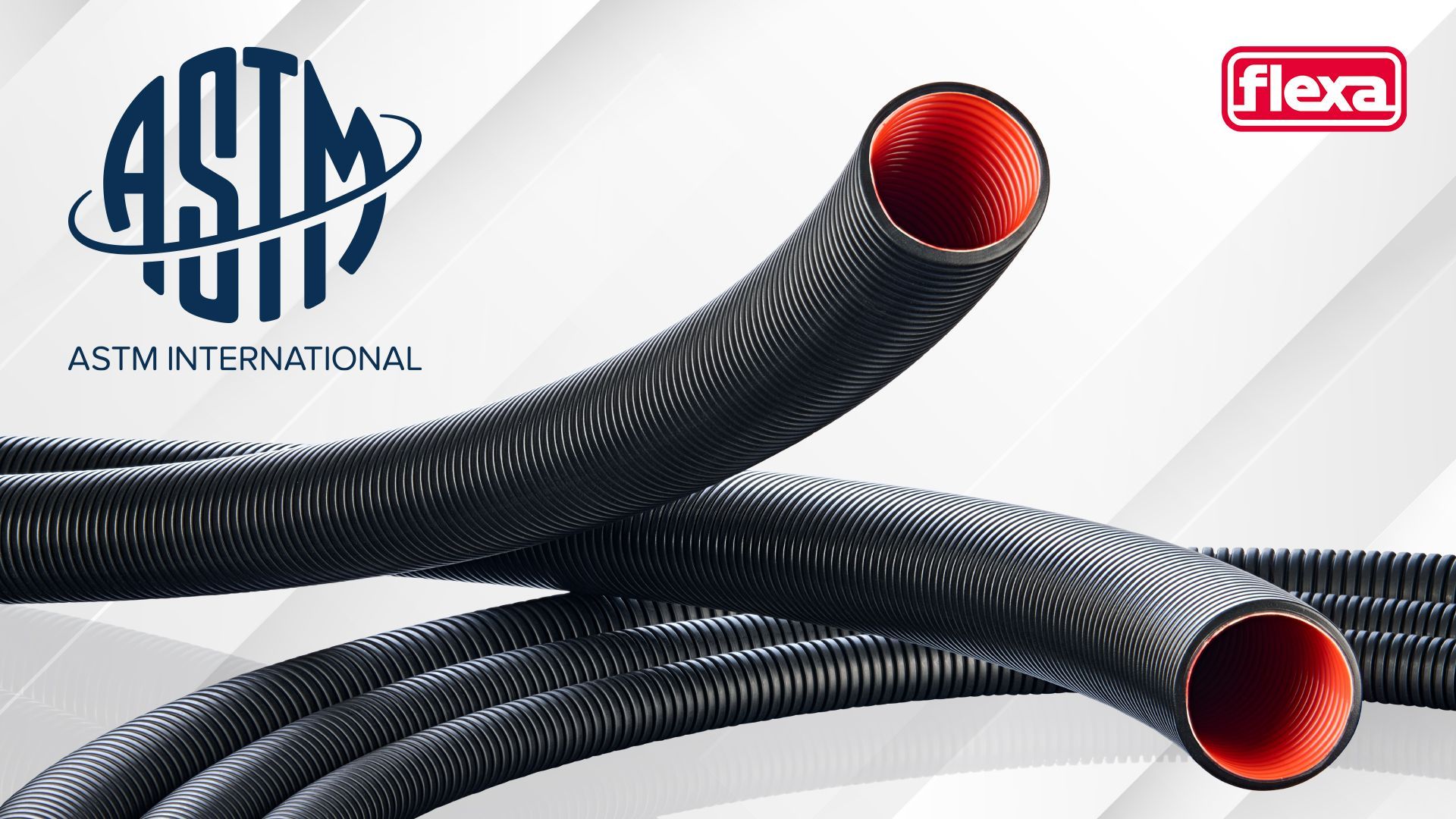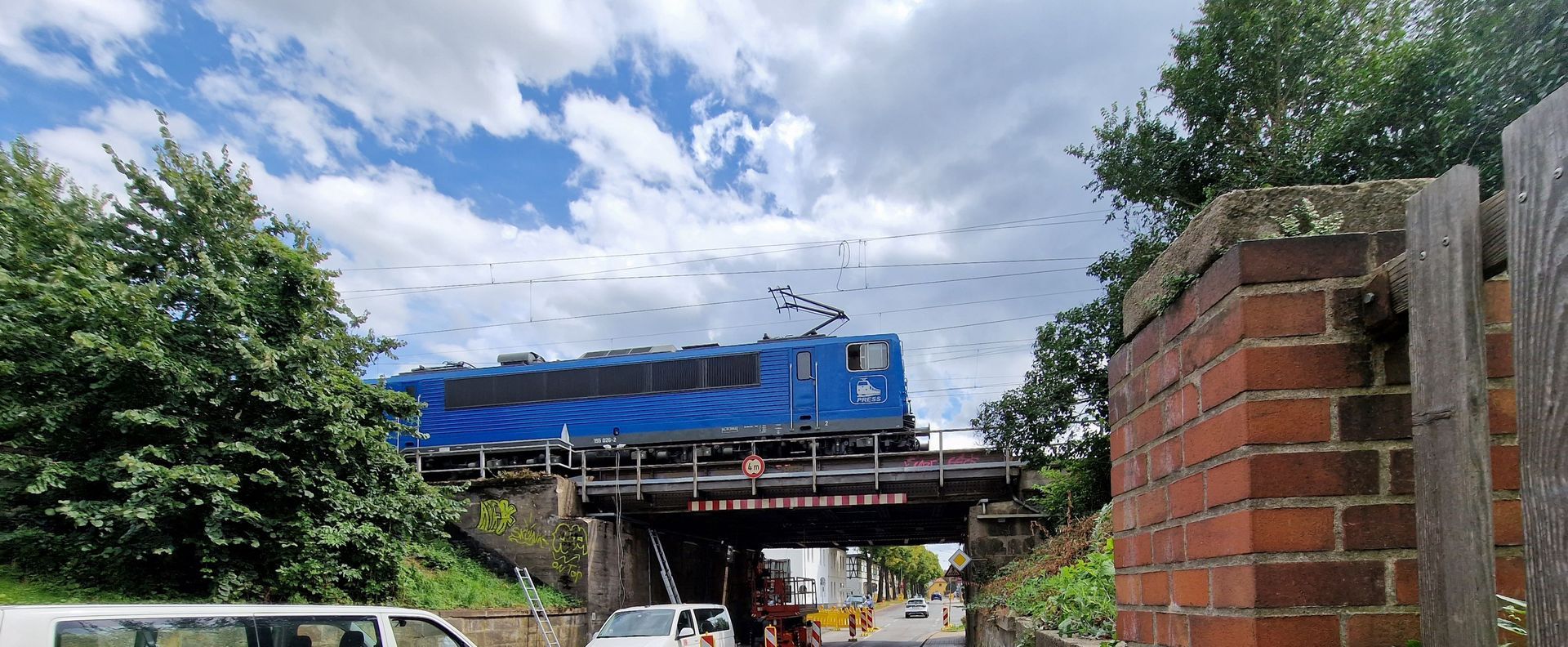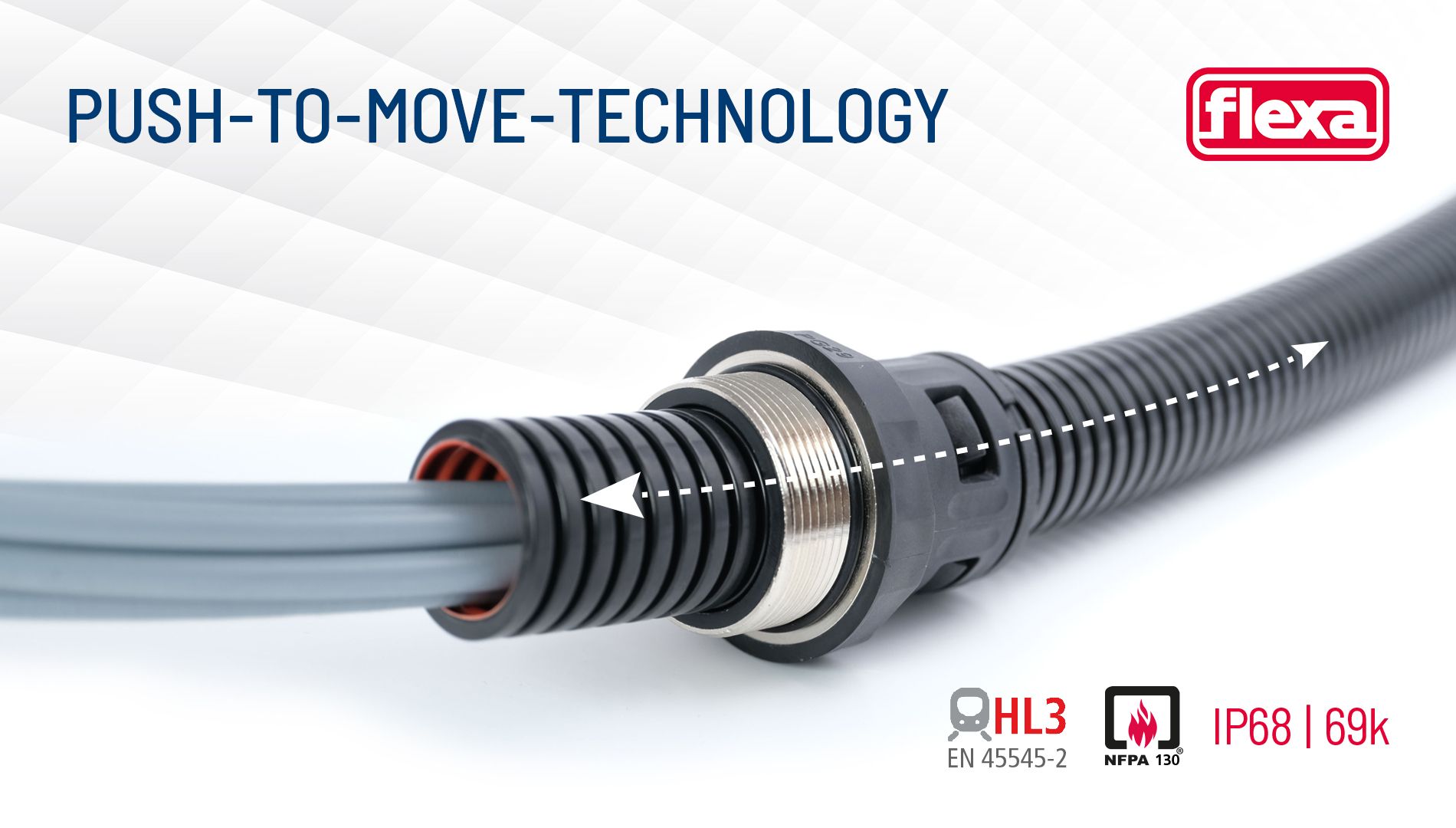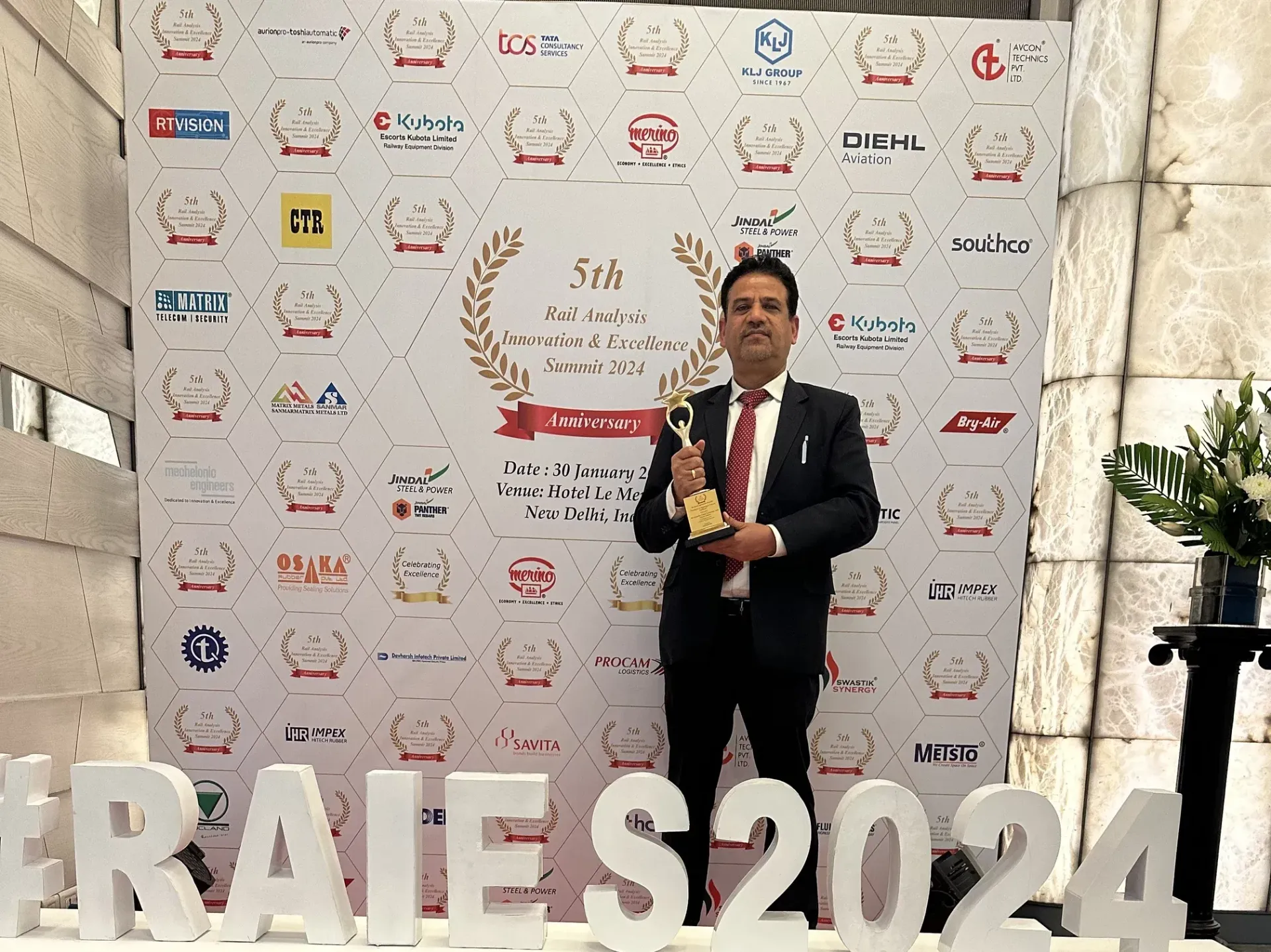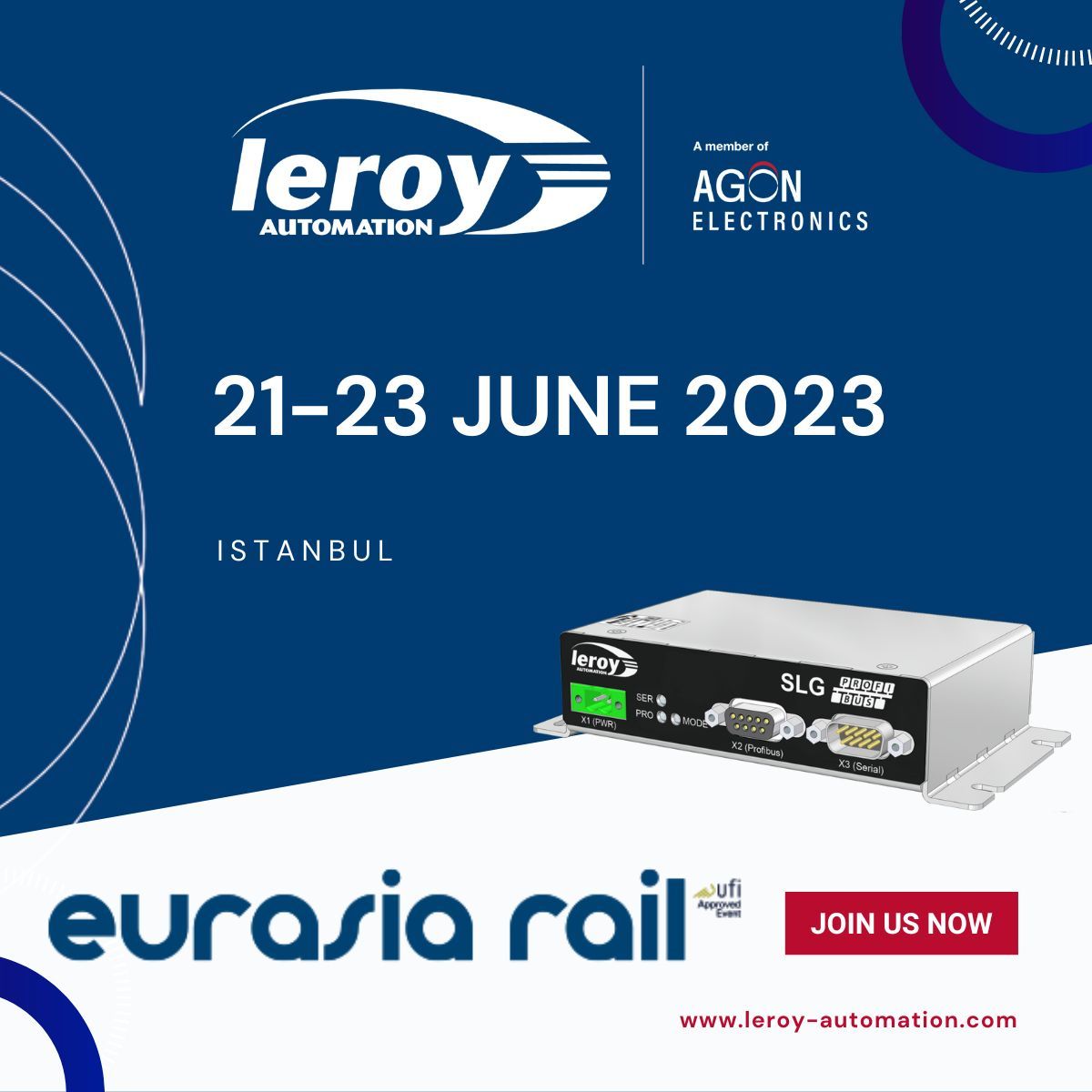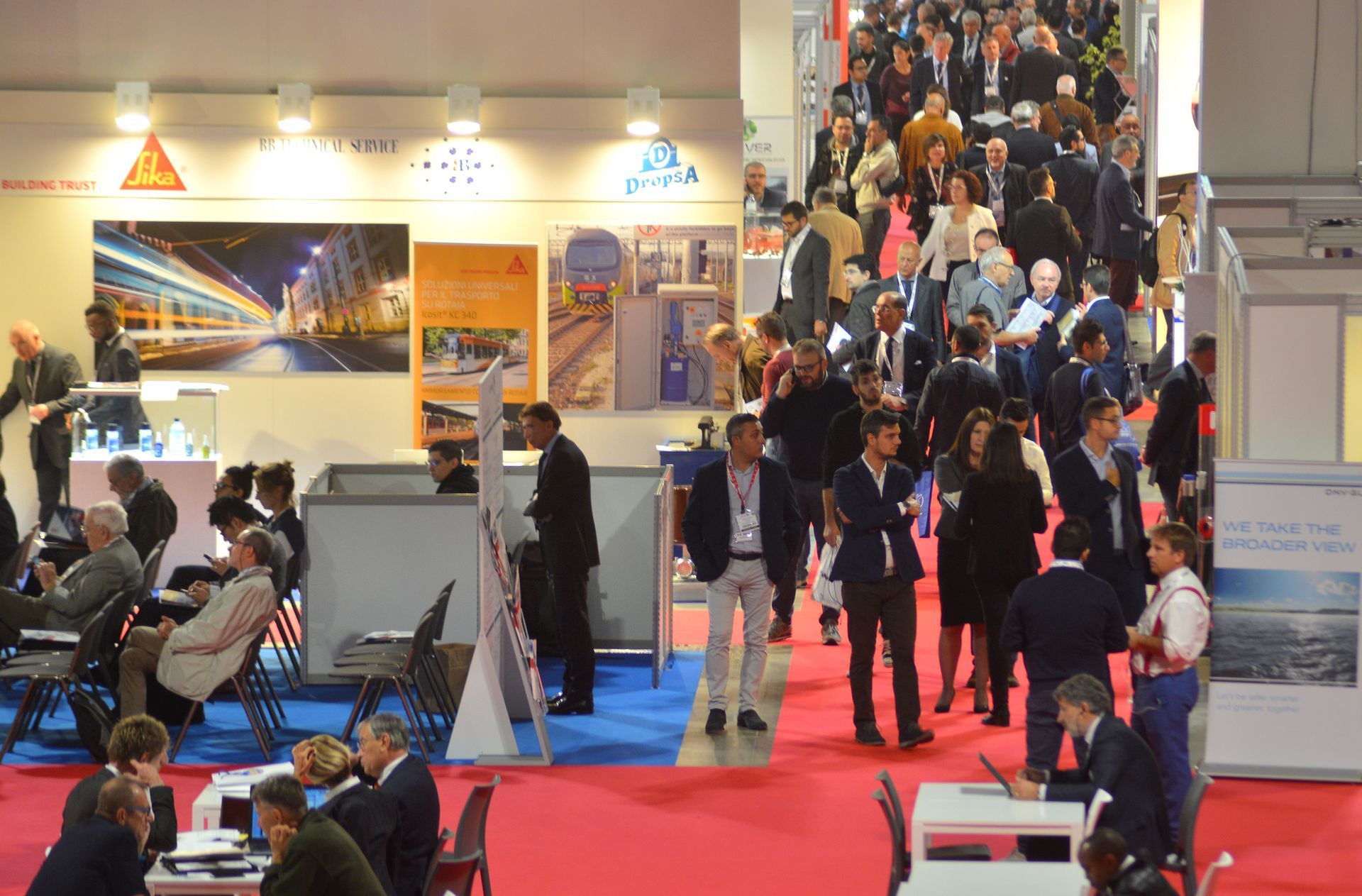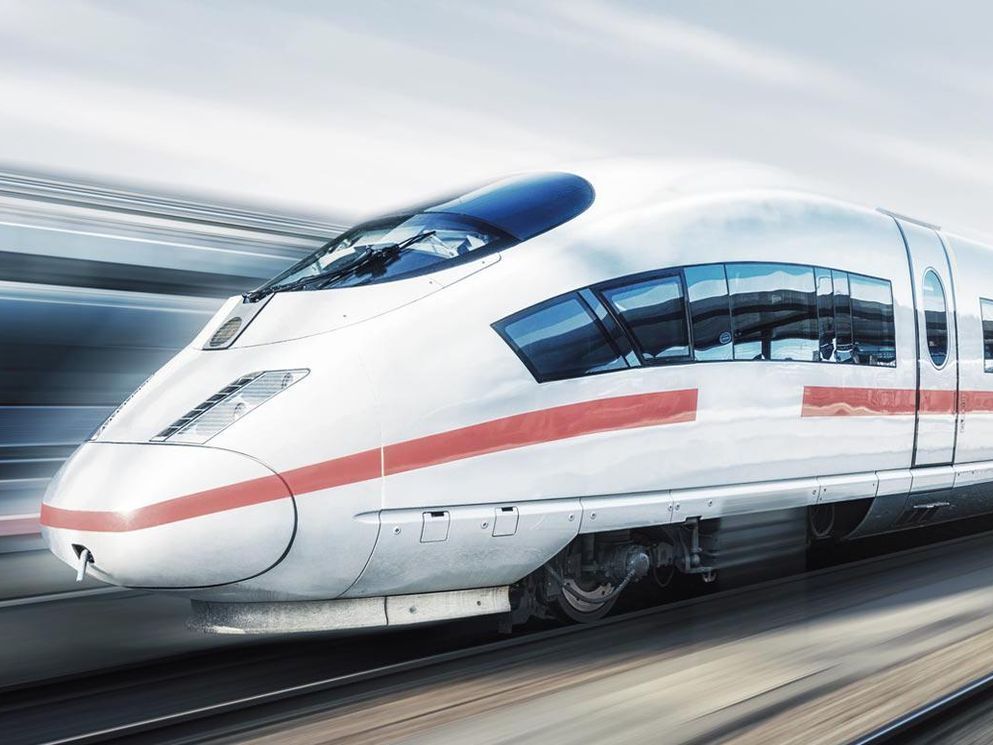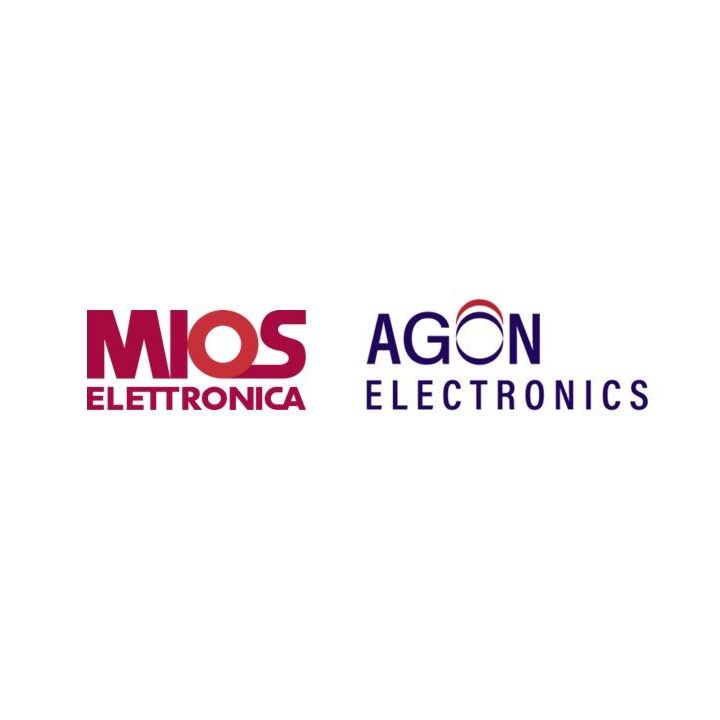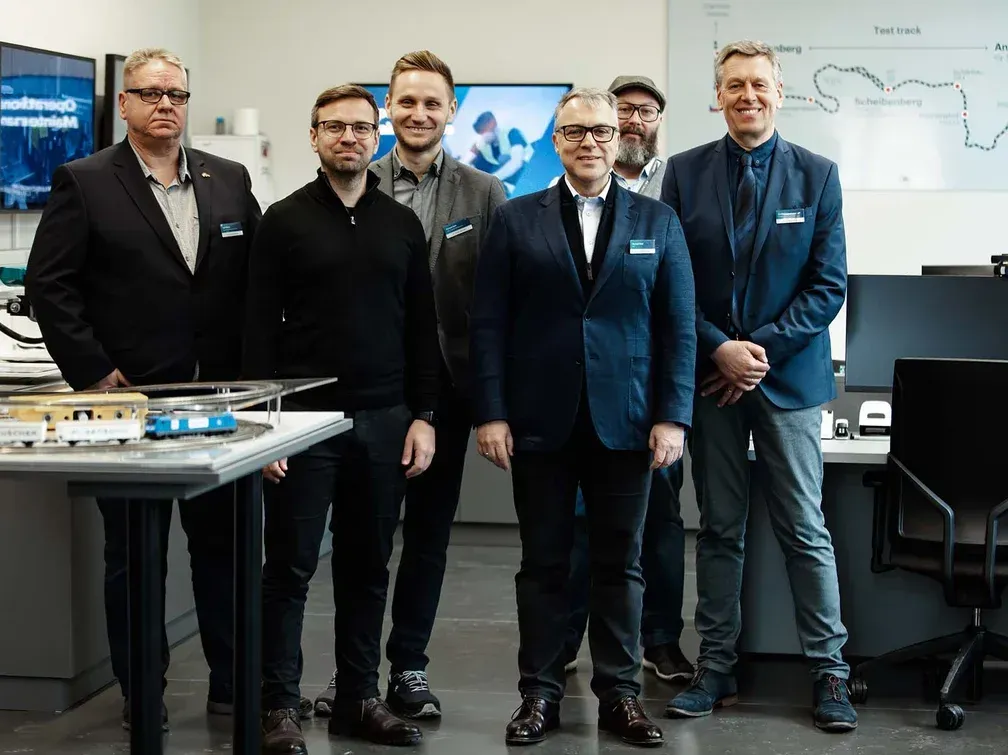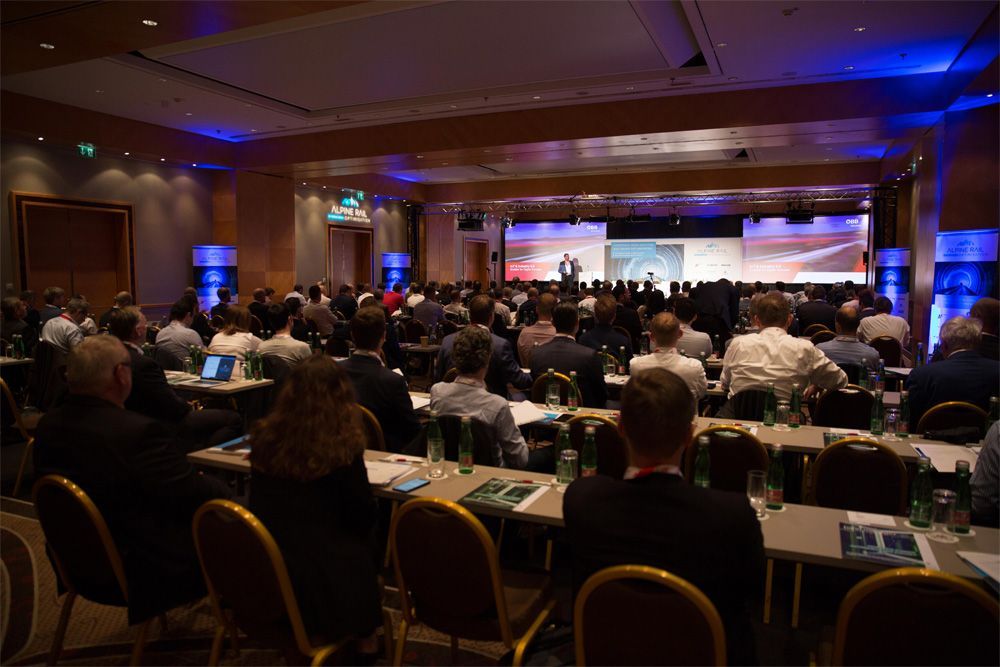Plug-in tubing protector for corrugated plastic tubings
FLEXA presents the RQPRO-S: the new plug-in protector for maximum conduit safety under extreme conditions.
With the RQPRO-S, FLEXA is expanding its portfolio of cable protection solutions with a
plug-in tubing protector for applications with high mechanical stress – especially in
automation technology and in the field of rail vehicles.
These are the topics we will cover in this webinar:
Current Threat Landscape
Real-world industrial cyber incidents
Future Trends & Technologies
AI, Zero Trust, and regulatory shifts
Securing OT & IIoT Environments
Best practices and case studies
PARTICIPATE TO THE FIRST SESSION
October 30, 2025
Time:
- 8:30 AM (Pacific Time)
- 11:30 AM (Eastern Time)
- 5:30 PM (Central European Time)
Location:
Online
(link will be provided upon registration)
Speaker:
Günter Meixner,
CEO of Lantech Communications Europe
Register Link:
PARTICIPATE TO THE SECOND SESSION
November 6, 2025
Time:
- 11:00 AM (Central European Time)
- 1:00 PM (Gulf Standard Time – UAE)
- 2:30 PM (India Standard Time)
Location:
Online
(link will be provided upon registration)
Speaker:
Günter Meixner,
CEO of Lantech Communications Europe
Register Link:
Attensys Seat Informer: Revolutionizing Real-Time Seat Occupancy in Public Transport
The award-winning Attensys Seat Informer is changing that, bringing 21st century intelligence to every journey. Introduced as a breakthrough for modern rail travel, this system delivers up-to-the-second seat occupancy information, finally bridging the information gap between the people running the service and the people riding it. In an era when crowding and comfort are key concerns, Attensys’s innovation is being hailed as a game-changer for the passenger experience and operational efficiency alike.
MultiModX: The commitment to seamless multimodality between aviation and rail at the service of the traveler
The European project MultiModX was launched with the aim of fostering smooth integration between air and rail systems, placing the passenger at the center of mobility. To this end, it develops advanced models for timetable planning, real-time disruption management, and performance assessment frameworks focused on efficiency, resilience, and sustainability.
nVent products presentation by Olivier Haven at SIFER exhibition at Lille
Discover the innovation behind nVent SCHROFF with Olivier Haven, as he takes us through their products and technologies in this exclusive presentation video. nVent SCHROFF continues to set the standard in reliability, modularity, and performance for industrial and railway applications. Thank you to Olivier Haven, Priyanka Tariyal, Edwin de Boer and the team for the warm welcome at the SIFER exhibition in Lille!
The Knick P16800 Universal Speed Signal Doubler: A Smarter Way to Modernize Rolling Stock
Modern railways are rapidly evolving. With advanced train control systems such as CBTC (Computer-Based Train Control), PTC (Positive Train Control), ETCS (European Train Control System) and ATO (Automatic Train Operation) now essential to safety and efficiency, operators face a shared challenge: All these systems depend on precise, real-time speed data.
Dr. Hamad Almujibah, Professor Assistant and Railway Expert at Taif University, Saudi Arabia explaining is vison of high speed rail.
With increasing urbanization worldwide, passenger demand for inter-urban travel has grown and the development of new transport technologies is needed, such as High-Speed Rail (HSR), Magnetic Levitation (Maglev), and Hyperloop.
Railways and territorial development
The history of railway construction goes hand in hand with the development of territories. As such, not all countries are at the same level of advancement, whether for passengers or goods.
In this article, due to my experience within the French government's spatial planning delegation (DATAR), and at the International Union of Railways (UIC), I will introduce the territorial effects of passenger transport by rail, and in particular high-speed trains.
The history of railway construction goes hand in hand with the development of territories. As such, not all countries are at the same level of advancement, whether for passengers or goods.
In this article, due to my experience within the French government's spatial planning delegation (DATAR), and at the International Union of Railways (UIC), I will introduce the territorial effects of passenger transport by rail, and in particular high-speed trains.
This year DEUTA celebrates its 15th IconTrust anniversary and we took the opportunity to ask Dr. Rudolf Ganz, Technical CEO at DEUTA 5 questions.
Dr. Rudolf Ganz started his career 1999 at DEUTA. As technical CEO he is responsible for R&D, World Wide Sales, Quality, After Sales Service & Repair and Project- and Program Management.
A New Powerhouse in Rail Tech: AGÔN Electronics Launches Cutting-Edge Railway Business Unit
AGÔN Electronics, the fast-growing European group known for its high-reliability and high- performance embedded electronic systems, has just launched a game-changing new business unit: AGÔN Railway. Positioned as a hub of excellence for on-board train electronics in the railway sector, this new unit leverages the combined firepower of two industry champions — LEROY Automation (France) and MIOS Elettronica (Italy) — to deliver end-to-end rugged, fail-safe and secure electronic solutions for the railways of tomorrow.
PROCONECT
Application "coach to coach" to supply air conditioning (diesel locomotive train)
Train maintenance in warehouse (maintenance shop)
News
SEV Auto Show Riyadh Returns with New Vehicle Launches as Saudi EV Adoption Hits 40%
RIYADH, Saudi Arabia – The fourth edition of EV Auto Show Riyadh takes place October 27-29, 2025, at the Riyadh International Convention & Exhibition Center, as Saudi Arabia's electric vehicle sector reaches a turning point. New market research shows that 40% of Saudi consumers are now considering electric vehicle purchases within the next 12 months—up from less than 1% just two years ago.
Bachli AG: Repair and retrofit – sustainable solutions for existing systems
Transformers, chokes, and filters are key components in many industrial systems and rail vehicles. Instead of completely replacing them when they become defective or technologically obsolete, repairs and retrofitting offer an economical, sustainable, and technically high-quality alternative. Both approaches aim to extend the service life of existing products, increase their performance, and adapt them to current technical requirements.
Acciona Reaches Commercial Operation For Three Major Sewage Treatment Plants In Saudi Arabia
RIYADH, SEPTEMBER 23, 2025. ACCIONA, together with its partners Tawzea and Tamasuk, has successfully reached Project Commercial Operation Date (PCOD) for three large-scale sewage treatment plants in Saudi Arabia: Madinah-3, Buraydah-2 and Tabuk-2. This milestone marks the completion of construction works and the official handover to the client, confirming that all systems are operational and ready for service.
Nexxiot Launches Vector: New Sensor Delivers Precision Control for Rail Safety and Asset Intelligence
The transportation and mobility industries are on the cusp of a major revolution. Applications such as autonomous vehicles, dynamic, demand-led real-time traffic management using ‘vehicle to anything’ (V2X) technology and high-resolution video/CCTV linked to AI systems to improve compliance, safety and convenience via smart transportation infrastructure have all been spoken about for many years. Initially these were in the realm of science fiction, then discussed as conceptual ‘art of the possible’ technology topics, and now, finally, as realistic aspirations to be implemented in the near future.
Read more about articles
about IoT & AI
DEUTA-WERKE
Railways are still safest mode of ground transportion and at the same time an essential backbone of local public transport. This is due in no small part to the responsible and reliable work of train drivers, who carry hundreds of passengers in each vehicle. A train driver‘s job requires full concentration and a high level of alertness, as traffic density is constantly increasing.
PATRICK OSEI
The Impact OF AI and IoT on the Future of Transportation by Patrick Osei, CEO BtoB IoT & AI in Mobility
The rise of the Internet of Things (IoT) and Artificial Intelligence (AI) has significantly transformed the way we live, work, and travel. The transportation sector has seen some of the most significant changes, with IoT and AI playing a crucial role in mobility.
DEUTA-WERKE
DEUTA RedCloud® - Data overview in real time
DEUTA RedCloud® DEUTA RedCloud® is a cloud-based software solution for real time acquisition, processing and analysis of event recorder and sensor data, improving efficiency of railway operations, proving compliance and supporting maintenance activities. Our approach We use Lean Product development with human-centred Design Thinking to develop our solution.
Bitzer
Compact and Lightweight: BITZER
SPEEDLITE ELV52 for air conditioning in
rail vehicles
Mobile air conditioning and heat pump systems for rail vehicles come with their own set of challenges. Factors such as space requirements, weight, efficiency and lifetime have a direct impact on investment and operating costs as well as future compatibility. To meet the specific requirements of railways, air conditioning components must therefore be compact, reliable, lightweight and have a low sound level – all features of the new scroll compressor SPEEDLITE ELV52 by BITZER.
Read more about articles
in BtoB Rail Mag
Lantech
Lantech's Railway Solutions - Transforming Rail Communication
In the world of railway transportation, the need for reliable, high-speed communication networks is more critical than ever. Lantech, a leader in industrial networking solutions, has stepped up to this challenge with their state-of-the-art Railway Solutions.
MTM Power
MTM Power - Reliable and high quality electronic power supplies for the railway industry
MTM Power has been a reliable and experienced partner of the railway sector for more than 30 years. The quality of innovative products as well as the flexibility and reliability of the company are the decisive factors. Sound technological and industrial knowhow are combined with the highest quality standards.
We Interview
This year
DEUTA celebrates its 15th
IconTrust anniversary and we took the opportunity to ask
Dr. Rudolf Ganz, Technical CEO at DEUTA 5 questions
Dr. Rudolf Ganz started his career 1999 at DEUTA. As technical CEO he is responsible for R&D, World Wide Sales, Quality, After Sales Service & Repair and Project- and Program Management.
Lives & Interviews
MELANIE KLEINPÖTZL CDO (Chief Digital Officer) at Frauscher Semsortechnik present Frauscher new FAdP Point Control solution at Innotrans 2024
Ken Woolley, Sales Manager at Lantech Communication presenting the range of products of Lantech at Innotrans 2024
Press Releases
Events &
Exhibitions
INNOTRANS 2026
InnoTrans 2024 is the leading international trade show for transport technology, which will showcase the future of mobility in Berlin from 24 to 27 September 2024. This year, the focus will be on electrification, digitalisation, automation and sustainability. Trade visitors will experience numerous world premieres – from ultra-modern trains and buses to AI applications and sustainable infrastructure solutions. InnoTrans is the meeting place for industry leaders, transport companies, political decision-makers and urban transport experts. As a global platform, it offers a unique opportunity for international cooperation and networking.
IT-TRANS
International Conference and Exhibition
14- 16 May 2024
Karlsruhe - Germany
Messe Karlsruhe
Middle East Rail is intentionally designed to inspire, encourage knowledge exchange and to showcase innovative solution providers who promise world-class excellence and infrastructure delivery. Like every industry, railway design, construction, tech and engineering are changing; our reliance on digital rail solutions grows exponentially and so does our vision for new and interesting infrastructure projects and developments. We’re embracing public and private rail transport, the connected passenger and a digital future, with a need for exciting infrastructure design, new business models and sustainable rail networks.
RISE OF IOT
31 May - 01 June 2023
Cologne - Germany
This is a key event in the rail industry for attendees to gain a pragmatic idea about digital challenges, how to overcome them and what opportunities exist to take the next steps with guarantees. The conference will explore predictive maintenance, asset optimisation and the benefits of smart data, big data and the Internet of Things. The event aims to help managers, operators and companies to increase capacity, improve reliability, minimise downtime and reduce costs of railway maintenance.
UITP Global Public Transport Summit
14 - 16 March 2023
Nuremberg - Germany
The world’s biggest event dedicated to sustainable urban mobility, the UITP Summit will bring together all transport modes, industry authorities, operators and exhibitors for an immersive 4-day experience. The event will combine world-class Congress sessions and an Exhibition showcasing the latest innovations, solutions and products. Themed ‘Bright Light of the City’, the 2023 Summit aims to focus on urban public transport, its passengers and their navigation around the city of Barcelona using well-connected transit systems.




